Total Tools 53
-
General
-
Update time
- Regularly
- Sometimes
- Discontinued
- Replaced
-
Licence
- Open-source (EPL)
- Open-source (GPL)
- Open-source (ASL)
- Open-source (BSD)
- Open-source (MIT)
- Open-source (other licences)
- Freely available for research in binary form
- Commercially available
- Free evaluation licence
-
Target Audience
- Used in academic
- Used in industry
-
Technical Support
- Complete support
- Limited-support
- No support
-
Security
- Obfuscate
- Read-only/Locked models
- No support
-
Supporting Resources
- Tutorial/User Guide
- Examples
- Wiki-page
- Website
- Forum/Community
- No support
-
Update time
-
Model-Level
-
Modeling Languages
- GPM (UML 1.x)
- GPM (UML 2.x)
- GPM (SysML)
- DSM (Petri Nets)
- DSM (Programming Languages)
- GPM (xUML)
- DSM (BPMN)
- No support
- Other modeling languages
-
Model Comparison
- Homogeneous Models
- Heterogeneous Models
- Visual Results
- No support
- Textual Results
-
Model Query
- Support
- No Support
-
MetaModeling Environment
- Support
- No Support
-
Model Repositories
- EMF
- MDR
- Other model repositories
- No support
-
Compatibility with Standards
- XMI
- CWM
- QVTo
- QVTr
- QVTc
- QVT-Like
- MOFM2T
- OCL
- DD Specification
- HUTN
- JMI
- CMI
- No support
-
Reverse Engineering
- Support
- No Support
-
Round-trip Engineering
- Support
- No Support
-
Metamodeling Languages
- CMOF
- Ecore
- KM3
- EMOF
- Other metamodeling languages
-
Modeling Languages
-
Transformation
-
Model Transformation Language Syntax
- Graphical Concrete Syntax
- Textual Concrete Syntax
-
Output
- M2M (In-place/Destructive)
- M2M (Out-place/Conservative)
- M2T (Textual artifacts)
- M2T (Source code)
- M2T (Database artifacts)
-
Cardinality
- 1-to-1
- 1-to-N
- N-to-1
- N-to-N
-
Rule Scheduling
- Form (Sequential/explicitly)
- Form (Not-sequential/implicitly)
- Rule Selection (Explicit condition)
- Rule Selection (Nondeterminism)
- Rule Selection (Conflict resolution)
- Rule Selection (Interactive)
- Rule Iteration (Recursion-oriented)
- Rule Iteration (Looping-oriented)
- Rule Iteration (Fix-point-oriented)
- Phasing
- No support
-
Rule Organization
- Modularity
- Inheritance
- Logical composition
- No support
-
Rule Application Control
- Deterministic
- Nondeterministic/concurrent
- Nondeterministic/one-point
- Interactive
- No support
-
Type
- Exogenous transformations
- Endogenous transformations
-
Direction
- Multidirectional transformations
- Bidirectional transformations
- Unidirectional transformations
-
Verification
- Syntactic Correctness
- Termination
- Semantic Correctness
- Completeness
- Determinism/Uniqueness/Confluence
- Robustness
- Definedness
- No support
-
Validation
- Testing environment
- Simulation environment
- No support
-
Traceability
- Automatic
- User-defined
- No support
-
Incremental Updates
- Support
- No support
-
Concurrent Transformations
- Support
- No support
-
Live/Active Transformations
- Support
- No support
-
Transformation Suggestion
- Support
- No support
-
Changeability of Model Transformation
- Access transformations
- Add transformations
- Update transformations
- Delete transformations
-
Model Transformation Language Syntax
-
User Experience
-
User Interface
- Graphical
- Command-line
- No support
-
Workspace and Project Management
- Support
- No Support
-
Syntax Editor
- Syntax Highlighting
- Auto Formatting
- Code Completion
- Code Navigation
- Folding
- No Support
-
Semantic Editor
- Re-factoring
- Error and warning Detection
- Quick Fixes Suggestion
- Debugger
- Reference Resolution
- Automatic Build systems
- Profiler
- No support
-
Level of Automation
- Manually
- Semi-automatic
- Automatic
-
Programming Style
- Similar to Programming Languages
- Similar to Script Languages
- Mathematical/Algebraic-based
- Logic-based
-
Automatic Reporting
- Support
- No support
-
User Interface
-
Collaboration Support
-
Teamwork Support
- Multi-users
- Multi-projects
- No Support
-
Re-usability Technique
- Composition
- Orchestration
- Decomposition
- Generic
- HOT
- No Support
-
Interoperability
- Version Control Systems (VCSs)
- Import/Export
- No Support
-
Extensibility
- Support
- No Support
-
Teamwork Support
-
Runtime Requirements
-
Operating System
- Windows
- Linux/Unix
- Mac
-
Execution Environment
- Plugin for Eclipse
- Integrated/Dependent in Other IDE
- No IDE support
- Standalone APP
-
Execution Model
- Interpreter-based
- Compiler-based/Code Generator
-
Has External Dependencies
- No External Dependencies
- be a Part of A Larger Tool Set
-
Operating System
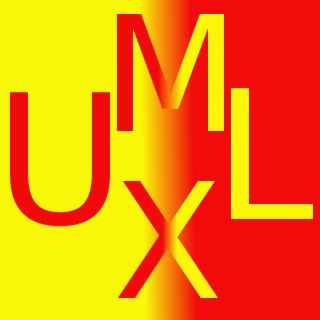
UMLX
UMLX is a concrete graphical syntax to complement the OMG QVT model transformation language.
. . .
MOLA (MOdel transformation LAnguage)
MOLA Tool is designed as a freeware tool for supporting research and development in the MDA and MDSD areas. Main components of MOLA Tool are: Graphical editor for metamodel and MOLA procedures, MOLA compiler set which generates C++ or Java code, and MOLA runtime environment.
. . .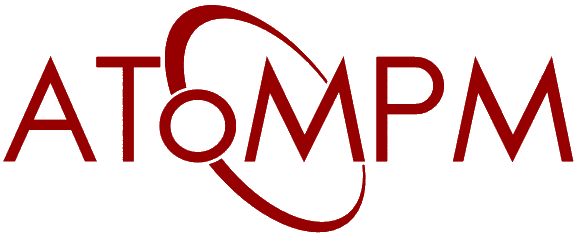
ATOMPM (A Tool for Multi-Paradigm Modelling)
AToMPM is an open-source framework for designing DSML environments, performing model transformations, and manipulating and managing models. It runs completely over the web.
. . .
MDWorkbench
MDWorkbench provides users with a Java programming environment to define any model transformation using a set of rules expressed in Java.
. . .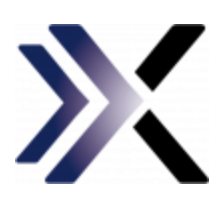
Xtend
Xtend is a statically-typed programming languages for Java developers. It leverages Java's typesystem and reuses its syntax as far as possible, but cuts down the amount of boilerplate you have to write. It compiles to readable Java source code and supports advanced language constructs
. . .
Kermeta 2
Kermeta 2 is the evolution of Kermeta workbench. This is a metaprogramming environment based on an model-oriented language optimized for metamodel engineering and DSL engineering.
. . .
Mitra2
Mitra2 is an operational model-to-model language, integrated into the Eclipse IDE. It supports ecore (EMF) based models, particularly Eclipse UML2 based models. It provides certain features useful for model transformations, such as OCL collections, and multiple return parameters.
. . .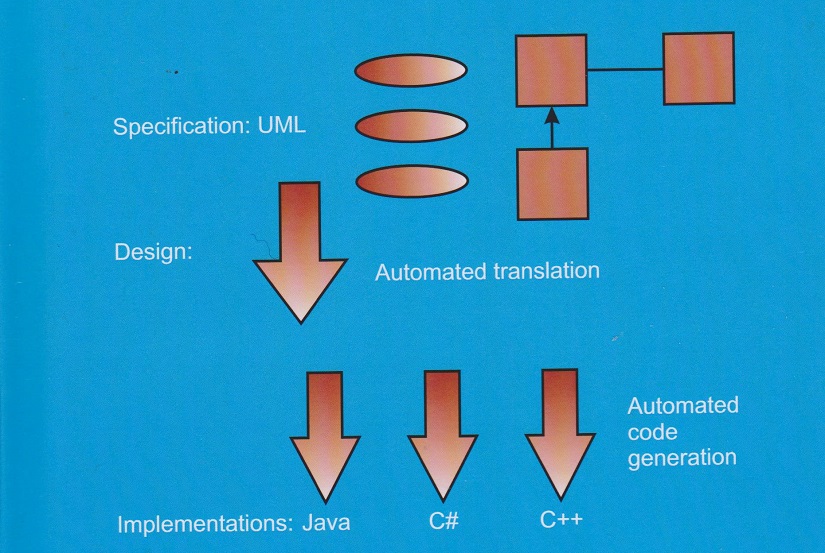
UML-RSDS (The Reactive System Development Support)
A tool to support agile model-based development using UML
. . .
VMTS (Visual Modeling and Transformation System)
VMTS is a graph-based, domain-specific (meta)modeling and model processing framework. The system provides a graphical interface for defining, customizing, and utilizing languages.
. . .
Actifsource
Actifsource supports the creation of multiple domain models which can be linked together. It comes with a UML-like graphical editor to create domain specific languages and a general graphical editor to edit structures in the created languages. It supports code generation using user-defined . . .
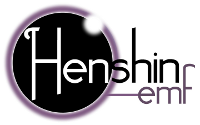
Henshin
Henshin provides a model transformation language for the Eclipse Modeling Framework. Henshin supports both direct transformations of EMF single model instances (endogenous transformations), and translation of source model instances into a target language (exogenous transformations).
. . .
MoTMoT (Model driven, Template based, Model Transformer)
MoTMoT is based on the story driven modeling (SDM) language for graph rewriting.
. . .
JQVT
JQVT is a QVT engine which targets the Java type system instead of EMF/Ecore. The JQVT generator generates Java code from a JQVT script.
. . .
Tefkat
Tefkat implements a declarative model transformation language suitable for Model-Driven Development (MDD) and data transformation. It is implemented as an Eclipse plugin that leverages the Eclipse Modelling Framework (EMF) to handle models based on MOF, UML2, and XML Schema.
. . .
MetaEdit+
MetaEdit+ is an environment for creating and using Domain-Specific Modeling languages.
. . .
ModelMorf
ModelMorf supports specification and execution of model transformations in the QVT-relations language.
. . .
MoTE (Model Transformation Engine)
MoTE allows to model Triple Graph Grammars and perform model transformations and synchronizations on models based on the EMF. While model transformation always creates a new target model, a model synchronization propagates only changes from the source to the target model.
. . .
Eclectic
Eclectic is a transformation tool designed as a family of model transformation languages, that is, a set of transformation languages each one specifically designed to address a specific transformation concern.
. . .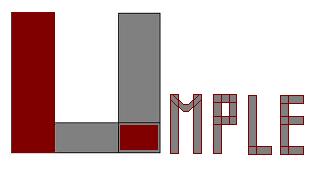
Umple
Umple is a modeling tool and programming language family to enable Model-Oriented Programming. It adds abstractions such as Associations, Attributes and State Machines derived from UML to object-oriented programming languages such as Java, C++, PHP and Ruby.
. . .
QVTR-XSLT
QVTR-XSLT is a model transformation tool that provides support for QVT Relations in a graphical notation and automatic transformation execution. It consists of a QVT Relations graphical editor and a code generator.
. . .
medini QVT
medini QVT is a toolset for model to model transformations. The core engine implements OMG's QVT Relations standard.
. . .
Merlin
Merlin is an Eclipse plugin, based on EMF JET Templates and Mapping model whose goal is to ease the process of automating the code generation and model transformation.
. . .
Acceleo
Acceleo is an open-source code generator that allows people to use a MDD approach to building applications. It is an implementation of the "MOFM2T" standard, from the Object Management Group (OMG), for performing model-to-text transformation.
. . .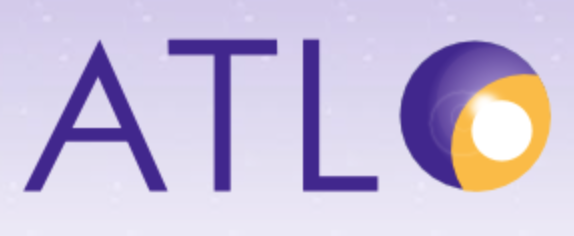
ATL (ATLAS Transformation Language)
ATL is a model transformation language and toolkit. In the field of MDE, ATL provides ways to produce a set of target models from a set of source models. It can be used to provide the bridge between standards and tools, to refactor models, to refine conceptual models into a more detail view, . . .

BOTL (Bidirectional Object oriented Transformation Language)
BOTL is a tool for object-oriented model transformations. It offers the ability to use graphical description techniques and algorithmic descriptions integrated to graphically define a set of mapping rules.
. . .
Blu Age
Blu Age consists of a set of plugins namely Reverse, Forward, Data and Data Base, and Analyzer.
. . .
Melange
Melange is a language workbench that provides a modular approach for customizing, assembling and integrating multiple domain-specific language (DSL) specifications and implementations.
. . .
PTL (Prolog based Transformation Language)
PTL uses ATL-style rules which combined with logic rules to define transformations.
. . .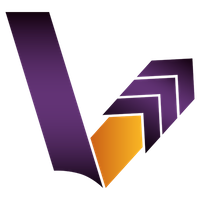
VIATRA (VIsual Automated model TRAnsformations)
The VIATRA framework supports the development of model transformations with specific focus on event-driven, reactive transformations and offers a language to define transformations and a reactive transformation engine to execute certain transformations upon changes in the underlying model. < . . .

GRoundTram (Graph Roundtrip Transformation)
GRoundTram is built upon a bidirectional framework, and is equipped with a language for coding bidirectional model transformation, a new tool for validating both models and bidirectional model transformations, an optimization mechanism for improving efficiency, and a debugging environment for tes . . .
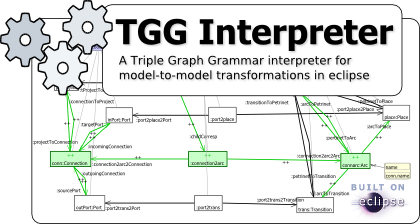
TGG Interpreter
The TGG Interpreter Tool Suite provides tools for the specification and execution of Triple Graph Grammars (TGGs)-based model-to-model (M2M) transformations and model synchronization within the Eclipse platform.
. . .
Fujaba (From UML to Java and back again)
Fujaba is an open source CASE tool providing developers with support for model-based software engineering and re-engineering.
. . .
eMoflon
eMoflon is a tool for building tools. It allows to model software systems using a visual or a textual syntax, afterwards generating EMF-compliant Java code from the model.
. . .
Enterprise Architect
Enterprise Architect is a visual modeling and design tool based on the OMG UML. The platform supports, the design and construction of software systems; modeling business processes; and modeling industry based domains.
. . .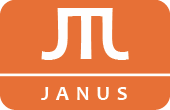
JTL (Janus Transformation Language)
JTL is based on a bidirectional model transformation language specifically designed to support non-bijective transformations and change propagation.
. . .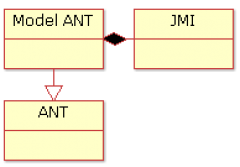
ModelAnt
ModelAnt is an extension of Apache ANT to create, load, update and query models and meta-models, through industry standard technologies and Java APIs.
. . .
GReAT (Graph Rewriting And Transformation)
GReAT is a tool for building model transformation tools using graph transformation techniques. GReAT uses metamodels to specify the abstract syntax of the input and the target models (i.e. the modeling languages), and sequenced graph rewriting rules for specifying the transformation itself.
. . .
SiTra (Simple model Transformations)
SiTra is a simple Java library for supporting a programming approach to writing transformations aiming to, firstly use Java for writing transformations, and secondly, to provide a minimal framework for the execution of transformations.
. . .
ATOM3 (A Tool for Multi-formalism and Meta-Modelling)
In AToM3, formalisms and models are described as graphs. From a meta-specification (in the ER formalism) of a formalism, AToM3 generates a tool to visually manipulate (create and edit) models described in the specified formalism. Model transformations are performed by graph rewriting. The transfo . . .

Modelio
Modelio as a successor of Objecteering is a modeling tool based on UML and BPMN.
. . .
PETE (Eclipse Prolog EMF Transformation Engine)
PETE supports the transformation of models based on the EMF Ecore framework using a declarative, rule-based description of transformation operations.
. . .
Together
Borland is a set of Eclipse plugins which partially implements the QVTo language. The tool helps business and development teams to analyze and design software architectures.
. . .
DSLTrans
DSLTrans is a visual language and a tool for model transformations.
. . .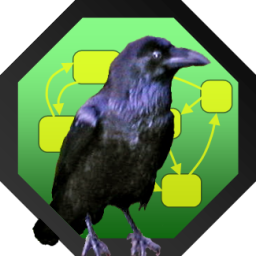
GrGen.NET
GrGen.NET is a programming productivity tool for graph transformation, which eases the modification of graph-based representations.
. . .
TXL
TXL is a programming language specifically designed to support computer software analysis and source transformation tasks.
. . .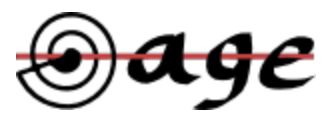
AGE (Agile Generative Environment)/RubyTL
AGE is a Model Driven Development tool based on Ruby and Eclipse. AGE is heavily based on embedded DSLs, being Ruby the host language. The tool core, written in Ruby, is called RubyTL. Also, the user interface is an Eclipse RCP application.
. . .
Echo
Echo is a tool for model repair and transformation based on the Alloy model finder, with support for bidirectional model transformations. It is able to both check and recover, through minimal updates, both intra- and inter-model consistency, and is built over the Eclipse Modeling Framework (EMF). . . .

Xpand
Xpand is a language specialized on code generation based on EMF models.
. . .
Groove (GRaph- based Object-Oriented VErification)
GROOVE is a project centered around the use of simple graphs for modeling the design-time, compile-time, and run-time structure of object-oriented systems, and graph transformations as a basis for model transformation and operational semantics.
. . .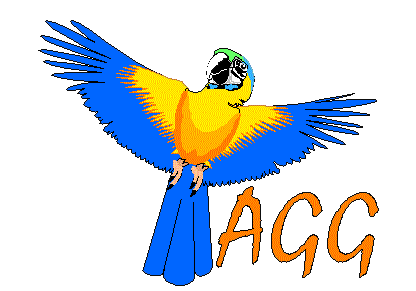
AGG (The Attributed Graph Grammar System)
AGG is a development environment for attributed graph transformation systems supporting an algebraic approach to graph transformation. It aims at specifying and rapid prototyping applications with complex, graph structured data.
. . .
MagicDraw
MagicDraw is a visual UML, SysML, BPMN, and UPDM modeling tool with team collaboration support. Designed for business analysts, software analysts, programmers, and QA engineers.
. . .
ModTransf
ModTransf is a model to model transformation engine. It accepts models in XMI, XML or graph of objects as inputs and outputs.
. . .
Jamda (Java Model-Driven Architecture)
Jamda is an open-source framework for building application generators which create Java code from a model of the business domain.
. . .
MOMoT (Marrying Search-Based Optimization and Model Transformations)
MOMoT is a framework that combines model-driven engineering (MDE) techniques with search-based optimization (population-based search and local search) to solve highly complex problems on model level.
. . .
QVTo (QVT Operational)
The Eclipse QVT Operational component is an implementation of the Operational Mappings Language defined by Meta Object Facility™ (MOF™) 2.0 Query/View/Transformation™ (QVT™).
. . .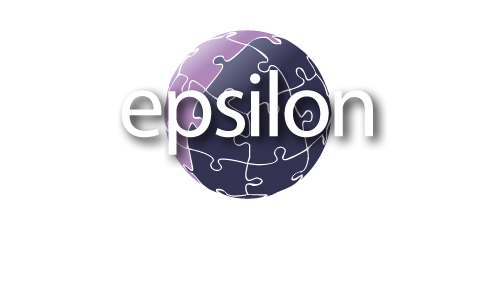
Epsilon
Epsilon is a family of languages and tools for code generation, model-to-model transformation, model validation, comparison, migration and refactoring that work with EMF and other types of models.
. . .